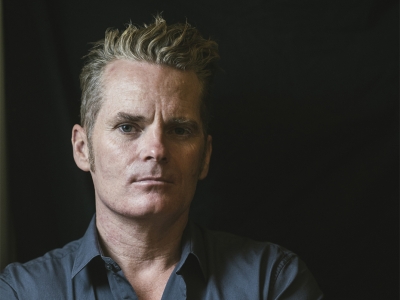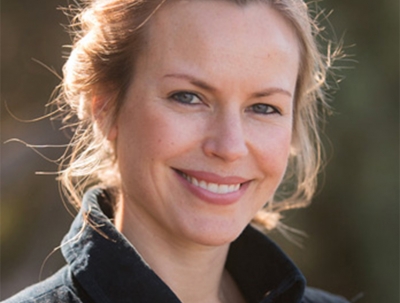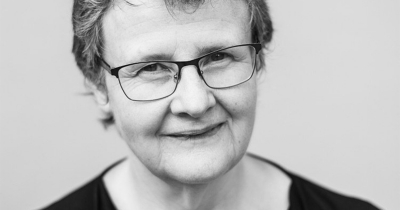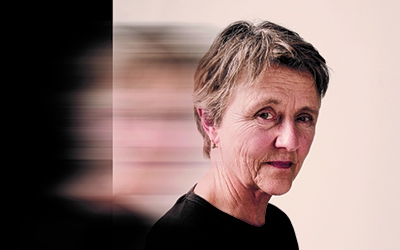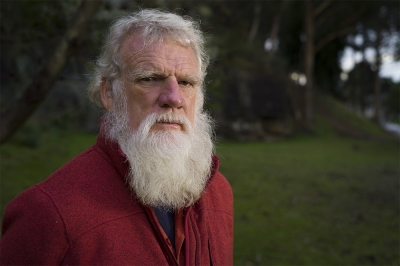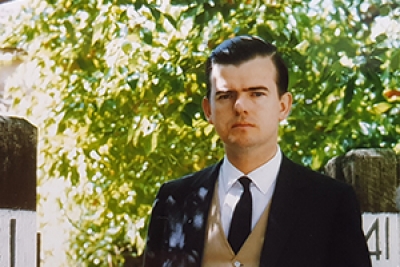Open Page
I’m always little uneasy about the edge of élitism underlying the policing of language, but I have to confess to a loathing for psychological banalities like ‘closure’ and ‘unconditional love’, most of which are actually worse than meaningless.
... (read more)When I was younger and could tolerate copious amounts of alcohol, I really enjoyed writers’ festivals, especially in Canada, where they are often in stupendous landscapes. I made some lifelong friendships with marvellous writers and enjoyed memorable late-night conversations in the lobbies and bars of swish hotels.
... (read more)During much of my childhood, my mother was bravely and passionately insisting on teaching postcolonial African literature to (mostly) white university students in apartheid South Africa. I was probably way too young to fully understand it, but Zimbabwean writer Tsitsi Dangarembga’s 1988 début novel, Nervous Conditions, was one of the books my mother was teaching, and it had a huge impact on me.
... (read more)Childhood sporting humiliations have left me with a dread of being in places where somebody might throw a ball towards me and expect me to do something with it.
... (read more)I’m the buffoon with the flailing arms thanking every last booklover who dropped some hard-earned money, cleared the diary for an hour, hopped in their car, paid for parking, found the right tent on the map, and came to hear me talk about the thing that makes my legs move.
... (read more)Joan Didion. Not sure what happened, to her or to me, but she lost me about twenty years ago.
... (read more)Mum and dad. I still need to talk to them. My kids, Marnie and Jack. Best meal was scallops and a few beers with my son at Huonville on a pontoon in the river.
... (read more)Cleaning out my flat recently I offloaded quite a few books that – after carrying them around for twenty years – I finally admitted I would probably never read again. Among them were quite a few Paul Auster novels. I had a huge crush on his work when I was younger, but feel they have outlived their appeal for me.
... (read more)Camping at Thurra River in the Croajingalong National Park, swimming in its tannin estuary, cooking fresh fish, gossiping while walking its long white beaches, watching the sea eagles soar.
... (read more)At night I sit on the brick patio of a beach house at Currarong with a garden of flannel flowers and kangaroo paws. I listen to the ocean through a windbreak of low eucalypts and banksias, just a hundred paces away.
... (read more)

